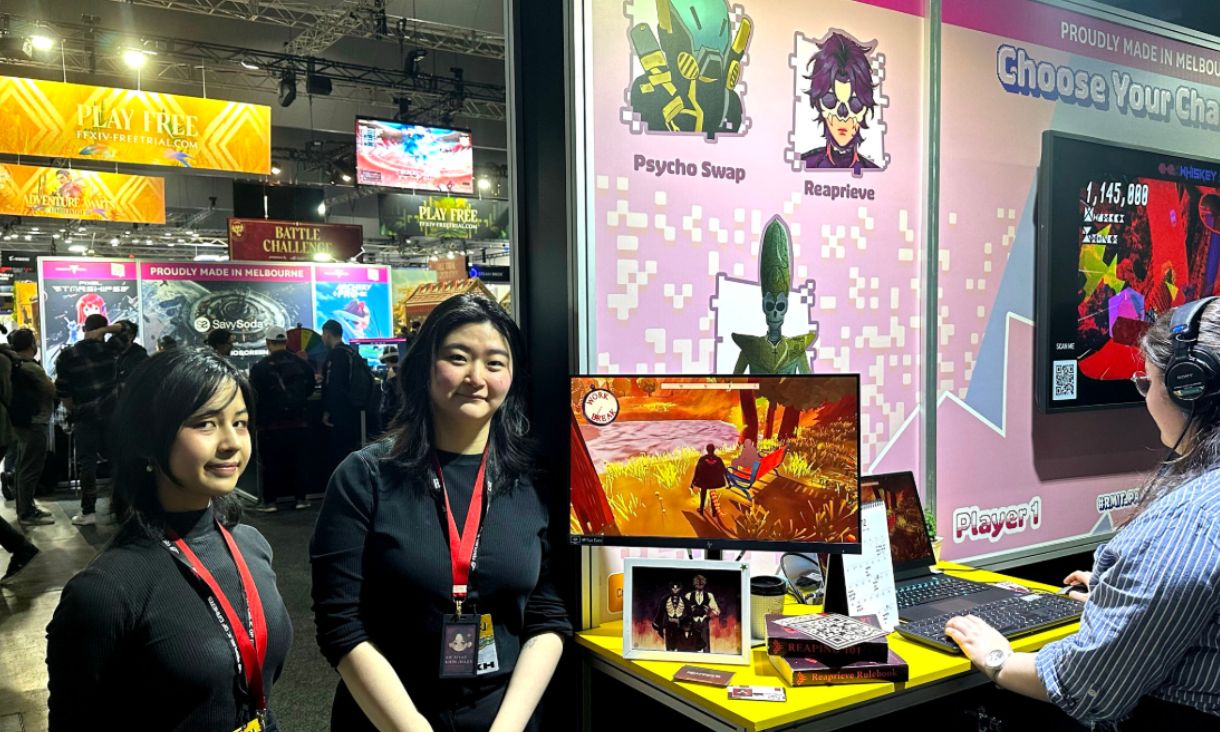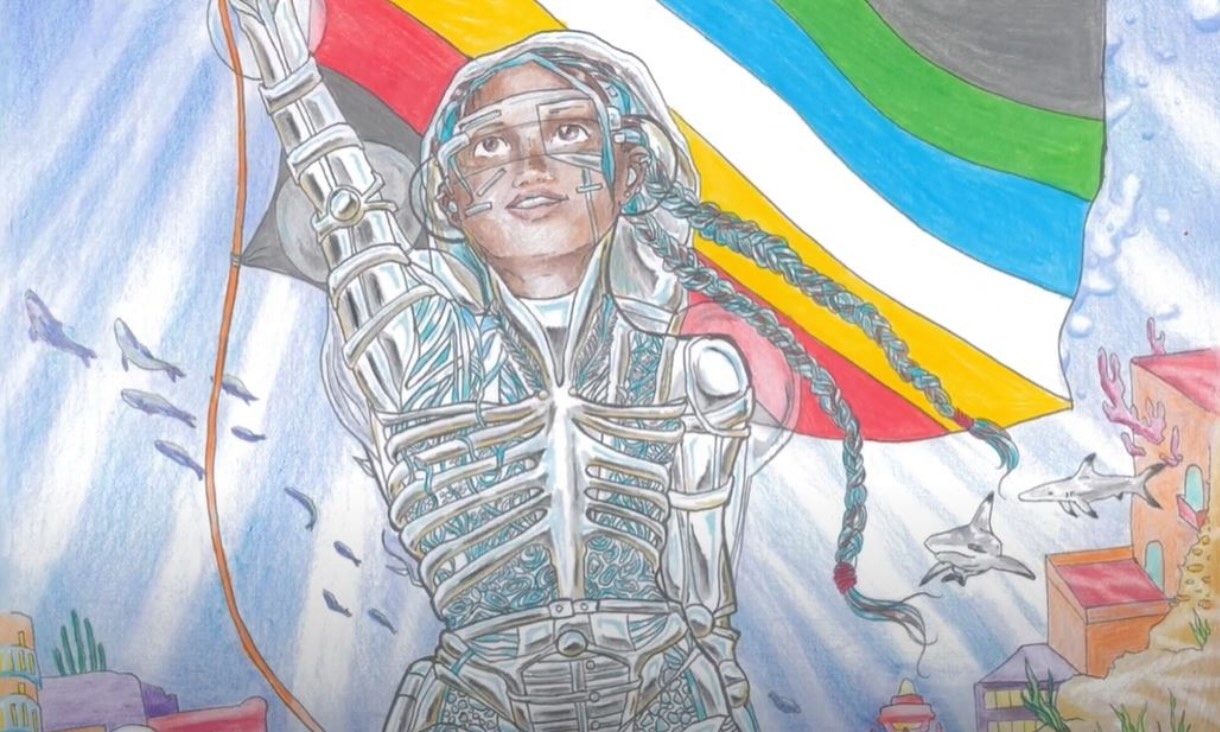Design is much more than a cosmetic add-on
“Design has shifted from being about graphics and communication design to media design and experiential design, so that sense of everything becoming about experience and then moving from experience to systems and… strategic design,” Chan said.
This concept of strategic design still uses traditional design principles, but to address systematic challenges and opportunities rather than simply delivering cosmetic or ‘add-on’ benefits and outputs.
It’s about using design tools and design-led thinking to approach problems in a different way and to identify more creative and more resilient solutions to meet business goals.
Soft skills are just as important as technical skills
Chan, like many modern employers, is increasingly looking for well-rounded team members that not only offer technical skills, but strong personal and ‘soft’ skills like agility, critical thinking, communication and connectivity.
“I think it’s about networking and communication,” Chan said.
“I would hire for people with competencies that can be grown and a network that can also grow with them and with us as an employer.”
It’s about balancing a breadth and depth of skills
Deep specialisation and singular expertise may be critical for some professions, but when it comes to design and experience building, there’s a need to balance expertise with strong capability across the board.
“T-shaped people are the people we are looking for, with a depth of speciality but also the ability to look across and work across fields,” Chan said.
Benefit comes from pushing outside your comfort zone
When asked about the biggest learning from his career, Chan said it’s having the courage to move outside your comfort zone.
“It’s about saying yes to opportunities, particularly in a networked sense; to take risks on things that might expose you to people, places and ideas that were outside your comfort zone.”
ACMI’s new home at The Capitol - opening soon
ACMI is partnering with The Capitol at RMIT for one year while the museum’s doors are closed for its transformational renewal.
The Capitol will host a vibrant range of film festivals over the year, including the Melbourne International Film Festival (MIFF), Human Rights Arts and Film Festival, the Japanese Film Festival Australia and many more.
The partnership between ACMI and RMIT will also create further opportunities for students and staff at RMIT, from co-designed research and mentoring programs, through to internships, paid employment and volunteering positions.
For more information, visit thecapitol.rmit.edu.au
Story: Jacqui Flint




